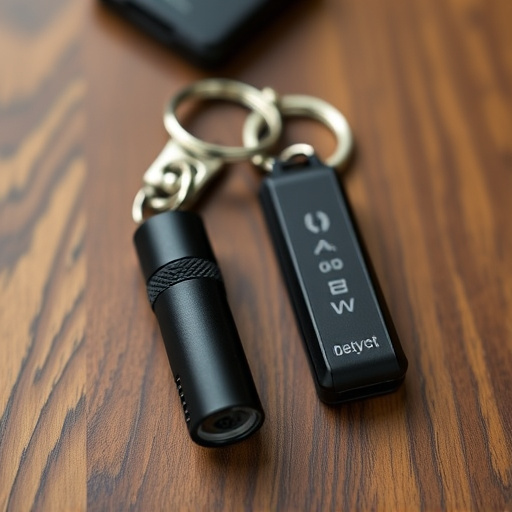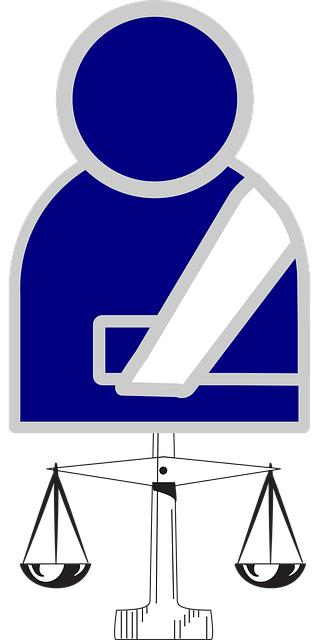In Oregon, navigating criminal defense disputes requires understanding local Oregon criminal law entitlements like the right to counsel and a speedy trial. Early engagement of experienced Oregon criminal law attorneys is crucial for protecting rights, managing cases, and securing favorable outcomes within the complex justice system. The process involves gathering info, consulting with an attorney, active participation in the system, and selecting a specialist who communicates effectively and offers tailored advice. Effective strategies like early case assessment and restorative justice programs contribute to fair resolutions, as evidenced by successful Oregon criminal law case studies.
In Oregon, navigating criminal defense disputes can be complex and stressful. Understanding your legal rights is paramount, especially with potential consequences that could impact your freedom and future. This article guides you through Oregon’s criminal justice system, highlighting when to seek legal assistance for Oregon criminal law cases. We’ll explore the process of resolving disputes with attorney support, factors to consider when choosing representation, and successful resolution strategies based on real-life case studies, empowering you with knowledge in Oregon criminal law.
- Understanding Criminal Defense Disputes in Oregon: An Overview of Legal Rights
- When to Seek Legal Assistance for Oregon Criminal Law Cases
- Navigating the Process: Steps to Resolving Disputes with Attorney Support
- Choosing the Right Lawyer: Factors to Consider for Effective Representation
- Case Studies: Successful Dispute Resolution Strategies in Oregon Criminal Law
Understanding Criminal Defense Disputes in Oregon: An Overview of Legal Rights

In Oregon, criminal defense disputes often arise from misunderstandings or disagreements about legal rights and procedures. It’s crucial for individuals involved in such situations to be aware of their entitlements under Oregon criminal law. Understanding these rights is essential for ensuring a fair trial and effective navigation through the complex criminal justice system.
Oregon’s legal framework provides several protections for those accused of crimes. These include the right to counsel, meaning every defendant has the lawful entitlement to an attorney who can advocate on their behalf. Additionally, Oregon criminal law guarantees the right to a speedy trial, ensuring that accusations are promptly addressed. Knowing and exercising these rights is pivotal in resolving disputes and securing the best possible outcome in legal proceedings.
When to Seek Legal Assistance for Oregon Criminal Law Cases

In Oregon, navigating a criminal defense dispute can be complex and daunting for individuals facing charges. Seeking legal assistance early on is crucial to understanding your rights and options under Oregon criminal law. If you find yourself in a situation where your rights are at stake or the case has significant consequences, consulting with an experienced criminal defense attorney is essential. They can provide guidance tailored to Oregon’s legal system, ensuring your protection throughout the process.
Timely intervention from a legal professional can be game-changing. From the moment of arrest or indictment, the clock starts ticking on various legal deadlines and procedures. An attorney can help you understand these timelines and ensure compliance, which is vital in Oregon criminal law cases. They will advocate for your best interests, protecting your rights to fair treatment and ensuring a robust defense strategy.
Navigating the Process: Steps to Resolving Disputes with Attorney Support

Navigating legal disputes, especially in the complex realm of Oregon criminal law, requires a structured approach. When facing disagreements related to criminal defense strategies or decisions, enlisting the help of an experienced attorney is paramount. The initial step involves gathering all relevant information and documents pertaining to the case. This includes police reports, witness statements, and any evidence that could potentially influence the outcome. Once prepared, clients should schedule a comprehensive consultation with their legal representative.
During this meeting, attorneys will review the case details, explain the available options, and discuss potential outcomes. They’ll guide their clients through each stage of the process, ensuring they understand their rights and responsibilities. This collaborative effort facilitates informed decision-making, enabling individuals to actively participate in resolving disputes effectively within Oregon’s criminal justice system.
Choosing the Right Lawyer: Factors to Consider for Effective Representation

When it comes to your freedom and future, choosing the right lawyer for your Oregon criminal law case is paramount. It’s not just about finding someone with a good reputation; it’s about aligning with an attorney who understands the nuances of your situation and has experience navigating Oregon’s legal system.
Several factors come into play here. First, consider their area of specialty: does the lawyer have extensive experience handling cases similar to yours? Next, assess their communication style—a clear, empathetic, and transparent approach is crucial for building trust. Look also for a lawyer who actively listens to your concerns, asks relevant questions, and provides well-reasoned legal advice tailored to your needs. Lastly, don’t underestimate the importance of feeling comfortable and supported throughout the process.
Case Studies: Successful Dispute Resolution Strategies in Oregon Criminal Law

In Oregon, where the criminal justice system is known for its robust legal framework, successful dispute resolution strategies have been a cornerstone of effective criminal defense. Case studies in Oregon criminal law often highlight innovative approaches taken by both prosecutors and defenders to navigate complex cases. One notable strategy involves early case assessment and negotiation, where attorneys carefully review evidence and identify potential weaknesses or strengths before trial. This proactive approach can lead to plea agreements that are mutually beneficial, providing a resolution that reduces the strain on both the court system and the individuals involved.
Furthermore, Oregon’s emphasis on restorative justice has played a significant role in dispute resolution. Programs that facilitate communication between victims and offenders have shown promising outcomes, fostering understanding and accountability. These methods not only help in reaching just resolutions but also contribute to the overall healing process for all parties. By learning from these case studies, legal professionals can continually refine their strategies, ensuring fair and efficient justice under Oregon criminal law.














